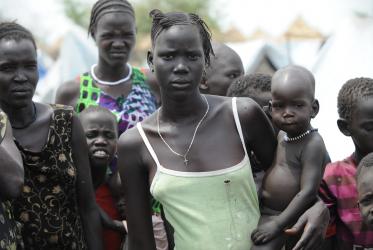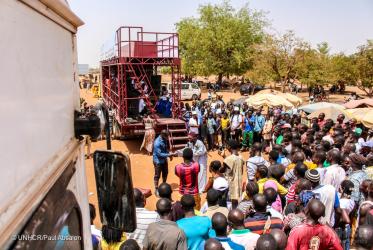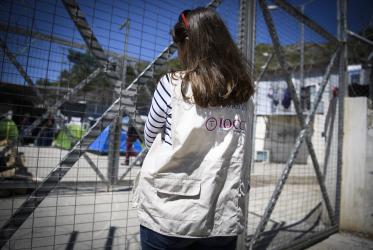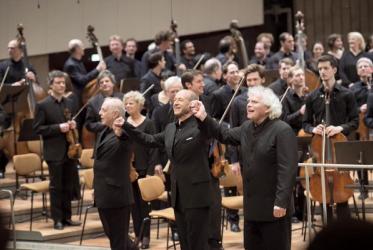Displaying 121 - 140 of 192
27 September 2016
Hielke Wolters: Apostle of mission strategies
01 August 2016
God’s forgotten children
20 June 2016
USA Racial Justice Accompaniment Visit
18 April 2016
Refugees in Berlin get dose of culture
10 March 2016
Afghan filmmaker sees Berlin as home — for now
10 March 2016
"I hit the ground running": Katalina Tahaafe-Williams
16 February 2016
Fleeing from – rather than to – a place
10 February 2016
Bossey students on their way to future of ecumenism
10 February 2016










